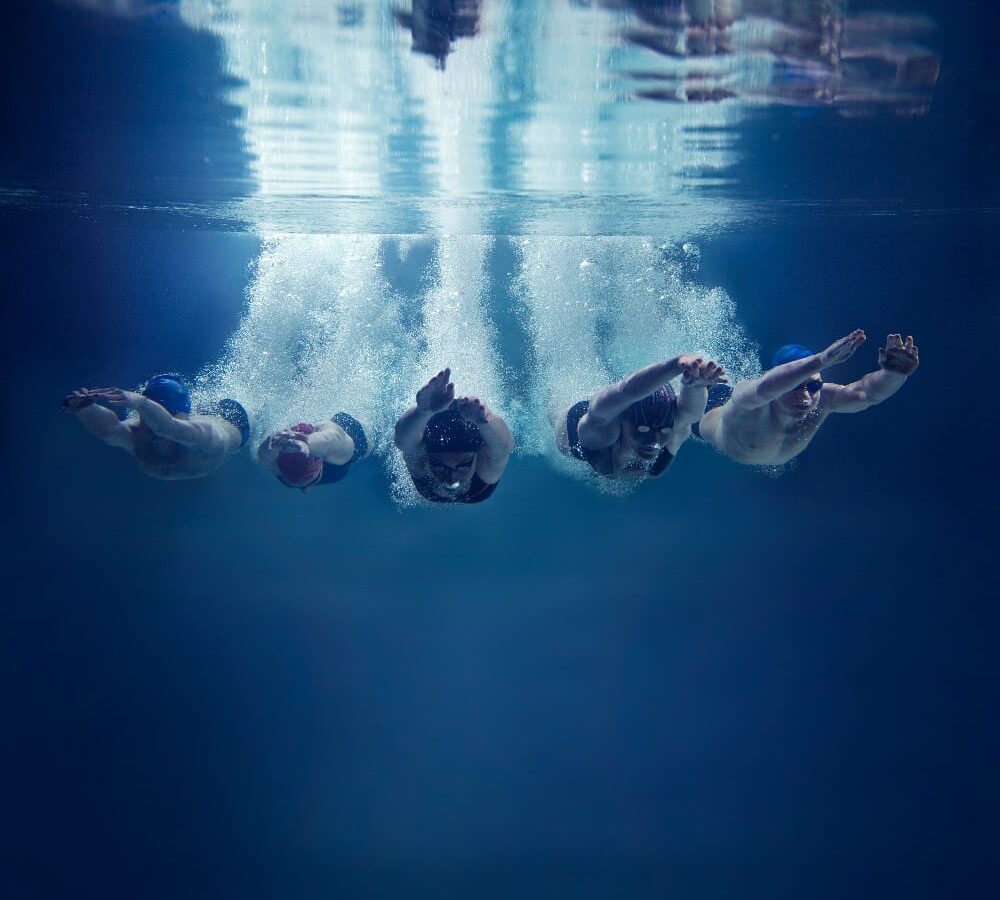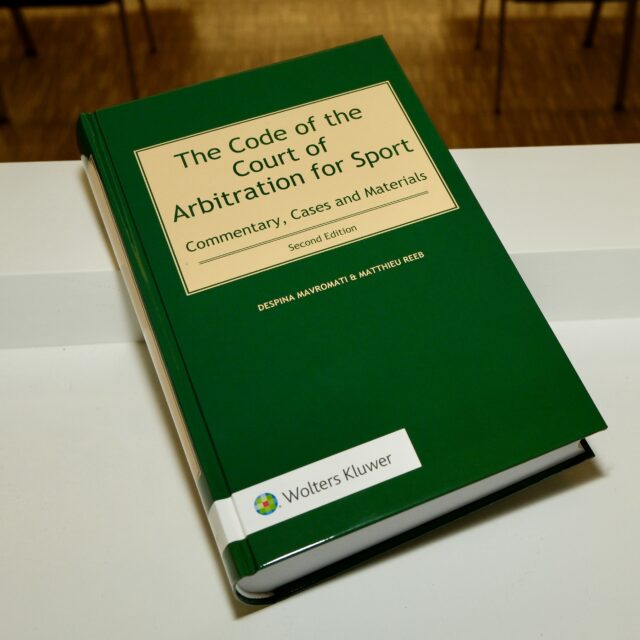SFT Judgment 4A_504/2023 of 22 February 2024, motion to set aside CAS 2022/A/9297
This case involved Paolo Barelli (Barelli or the Applicant), the President of the Italian Swimming Federation, former President of European Aquatics (LEN) from 2012 to 2022, and World Aquatics (formerly FINA) Vice-President from 2017 to 2021. In March 2021, while serving as LEN President, Barelli signed a contract with his home country for the European Aquatics Championships in 2022. Under this contract, his country was required to pay EUR 3,000.000 to host the event. However, in May 2021, an addendum to the contract was signed, reducing the payment to between EUR 500,000 and EUR 1.5 million, depending on COVID-19 restrictions in Italy. The commercialization rights for Italy were also increased from 50% to 60%.
Both LEN and FINA became aware of this arrangement, and FINA initiated proceedings against Barelli for conflicts of interest, resulting in a one-year sanction. The Court of Arbitration for Sport (CAS) upheld this sanction on appeal.

In his challenge before the SFT, the Applicant argued that FINA’s actions were contradictory and violated substantive public policy, to the extent that FINA had allowed him to simultaneously lead both LEN and Country B for nearly a decade. Despite the conflict of interest, he argued that this tacit approval gave him the right to sign the addendum with Italy.
The SFT emphasised that in sports disciplinary cases, it only reviews the panel’s decisions if they are manifestly unjust.
The SFT rejected this argument, noting that while FINA had allowed him to hold both positions, this did not grant him carte blanche to act in the interests of Italy. The SFT found that by signing the addendum on behalf of LEN, he had primarily served the interests of Italy, securing significant financial reductions for them and concluded that he should have refrained from signing the contract or at least sought guidance before proceeding.
The SFT also dismissed the argument on the violation of personality rights, emphasizing that in sports disciplinary cases, it only reviews arbitrators’ decisions if they are manifestly unjust. Citing the Platini case (which reached a similar result from the scope of arbitrariness, wider than the narrow scope of public policy), the SFT affirmed that it would only intervene if it found a clear violation or excessively severe sanction, which were clearly not met in this case.







